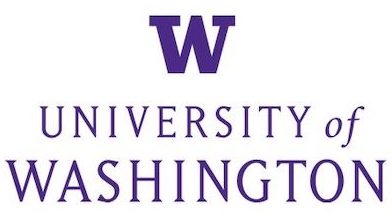 A new study by researchers at the University of Washington shows that teaching techniques in undergraduate STEM courses can significantly narrow gaps in course performance between students who are overrepresented and underrepresented in STEM.
A new study by researchers at the University of Washington shows that teaching techniques in undergraduate STEM courses can significantly narrow gaps in course performance between students who are overrepresented and underrepresented in STEM.
The authors note that students from different backgrounds in the United States enter college with equal interest in STEM fields — science, technology, engineering and mathematics. But that equal interest does not result in equal outcomes. Six years after starting an undergraduate STEM degree, roughly twice as many White students finished it compared to African American students. But the research found that switching from passive techniques, such as traditional lectures, to inquiry-based “active learning” methods has a disproportionate benefit for underrepresented students. Active learning approaches include in-class group activities to work in depth on specific concepts, using class time for peer interaction, problem-solving assignments and calling on students at random.
The study found that the achievement gap between overrepresented and underrepresented students – in courses where active learning techniques were used – narrowed on exam scores by 33 percent and course passing rates by 45 percent. For “high-intensity” active learning courses, in which students spent at least two-thirds of total class time engaged in active learning, the gap for exam scores shrank by 42 percent and course passing rates by 76 percent.
“Our study shows that broad implementation of active learning in undergraduate STEM courses can have a dramatic effect on reducing achievement gaps, resulting in more positive outcomes for students who are underrepresented in STEM fields,” said lead author Elli Theobald, a research associate and instructor in the department of biology at the University of Washington.
The full study, “Active Learning Narrows Achievement Gaps for Underrepresented Students in Undergraduate Science, Technology, Engineering, and Math,” was published on the website of Proceedings of the National Academy of Sciences. It may be accessed here.







